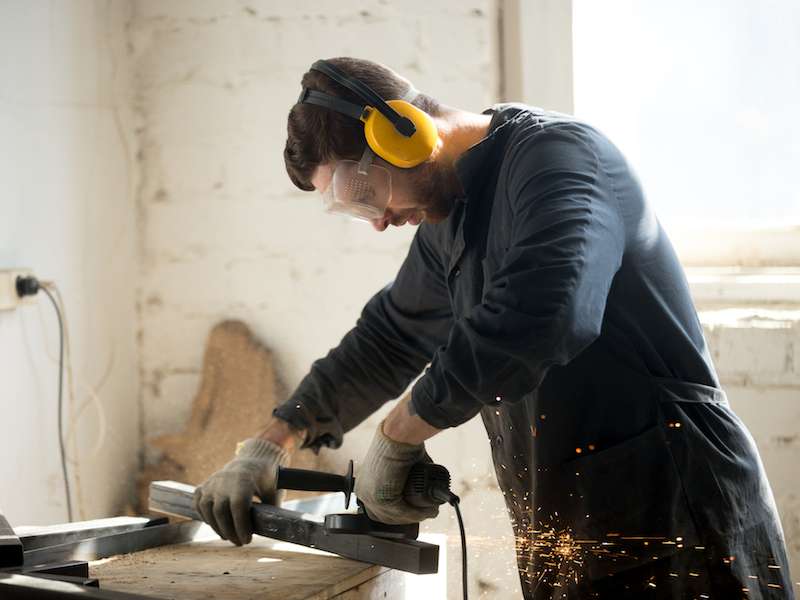
What prevents your hearing protection from working correctly? Look out for these three things.
In spite of your best attempts, you can sometimes run into things that can hinder your hearing protection, both at home and at the job. That’s hard to deal with. After all, you’re striving to do what you’re supposed to do! You use your earmuffs every day at work; you wear earplugs when you attend a concert; and you avoid your raucous Uncle Joe who is always shouting in your ears (although, perhaps you just don’t really like Uncle Joe).
The point is, it can be rather discouraging when you’re doing everything right and still there are obstacles. The good thing is that once you find out about a few of these simple issues that can interfere with your hearing protection, you can better prepare yourself. And this will keep your ear protection in a state of efficiency even when you’re experiencing a bit of difficulty.
1. Using The Wrong Type of Hearing Protection
There are two convenient and basic categories of ear protection: earplugs and earmuffs. Earplugs are little and, as the name indicates, can be put right into the ear canal. Earmuffs look like a set of 70’s headphones, but instead of music, they offer protection for your hearing by muting outside sound.
- When you’re in a setting where sound is relatively constant, earplugs are encouraged.
- Earmuffs are advised in instances where loud sounds are more irregular.
The reasons for that are fairly obvious: you’ll want to remove your ear protection when it isn’t noisy, and that’s easier to do with earmuffs than earplugs. Earplugs are very easy to misplace (especially if they’re inexpensive and disposable anyway), so you don’t want to be in a situation where you remove an earplug, lose it, and then need it later.
Wear the right kind of hearing protection in the right situation and you should be okay.
2. Your Hearing Protection Can be Affected by Your Anatomy
Human anatomy is incredibly varied. That’s why your Uncle Joe has such a large set of vocal cords and you have more normal-sized vocal cords. It’s also why your ear canal might be smaller than the average individual’s.
And that can mess with your hearing protection. Disposable earplugs, for example, are made with a t-shirt mentality: small, medium, and large (even sometimes one-size-fits-all). And so if you have particularly tiny ear canals, you might have a difficult time making earplugs fit, causing you to give up entirely and in frustration, throw them away..
If you find yourself in this situation, you could turn away from the hearing protection you were trying to give yourself, leaving you at risk of hearing damage. The same thing can happen if, for instance, your ears are a bit larger, making earmuff style protectors uncomfortable. If you’re in a noisy setting regularly, it may be worth investing in custom ear protection tailored to your ears.
3. Check Your Hearing Protection For Wear And Tear
If you’re wearing your hearing protection daily, you should give yourself a gold star. But day-to-day usage will lead to wear and tear to your hearing protection which you need to keep an eye on.
- Replace cushions on earmuffs every now and then (typically, when those cushions are no longer pliable, they’re ready to be replaced).
- If you use earmuffs, examine the band. The band will need to be exchanged if the elastic is worn out and no longer holds the earmuffs tight.
- Your hearing protection should be kept clean. Earwax serves a practical function in your body but it can also collect on your hearing protection. Just make sure that you wash properly; if you’re cleaning an earmuff set, take the earmuffs apart. If you’re rinsing earplugs, don’t drop them into the drain.
Ensuring you conduct regular maintenance on your hearing protection is vital if you want to continue benefiting from that protection. If you have any questions or how to do that, or how to make sure you’re ready for things that can hinder your hearing protection, it’s a smart idea to have a frank conversation with a highly qualified hearing professional.
Your hearing is vital. Taking the time to protect it properly is worthwhile.
